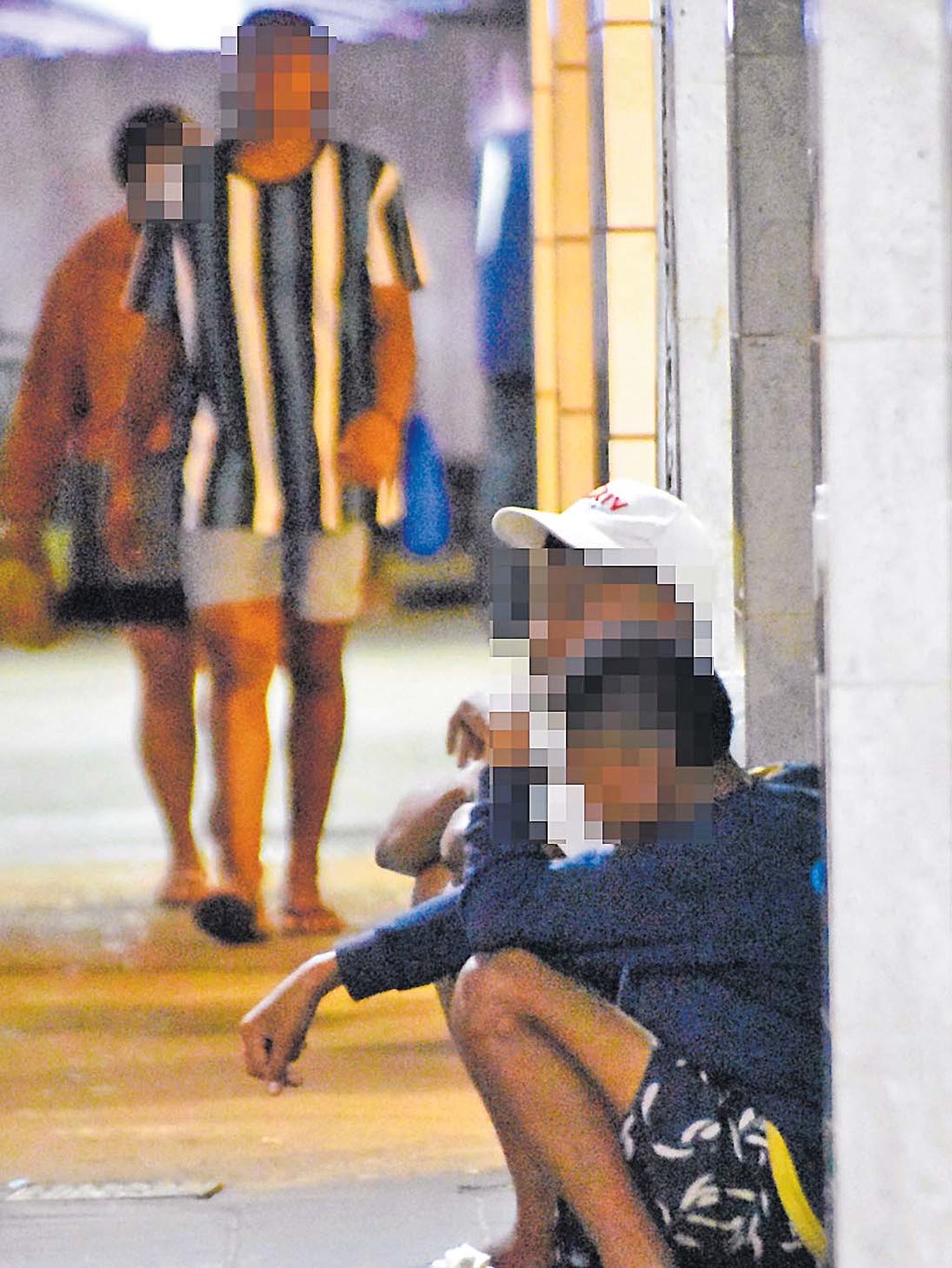The revelation that 12 children have been removed from the streets over the past week is encouraging. It is also a concern when you consider the fact that this is happening in the first place.
We learn that this is part of ongoing efforts by the Ministry for Women, Children and Social Protection to protect vulnerable youth across Fiji.
We say, again, that the news that the children have been removed from our streets is both encouraging and troubling. Encouraging, because it shows that active steps are being taken by the Ministry for Women, Children and Social Protection to rescue our most vulnerable. Troubling, because it raises serious questions about why these children were there in the first place.
So, in saying that, we commend the efforts of the ministry and its partners, including Kauwai Home, which promptly provided shelter and care. Institutions like Pearly Gates Home, Chevalier Training Facility, and the Fiji Police Force have also played a vital role.
Their coordinated work reflects a growing recognition that this is a social crisis that demands compassion, resources, and long-term strategy.
Minister Sashi Kiran has rightly emphasised the need for an integrated approach, one that not only removes children from the streets but equips them with skills, counselling, and pathways to employment.
We say these efforts are quite important to break the cycle of street dwelling, neglect, and exposure to drugs, violence, and exploitation.
But as we reflect on the good that’s being done, we must ask the tough questions. Why are these children on the streets in the first place? What is driving them out of their homes, and what can be done to stop it?
Perhaps even more worrying is what continues to happen in plain sight across Suva and other urban centres. Children are still being seen late at night outside malls and supermarkets, selling food packs, often well after hours when they should be home, safe, and asleep. This reality points not only to family hardship, but to deeper structural issues that we cannot ignore.
Are families falling through the cracks? Is the current level of social welfare support enough to keep vulnerable households afloat? Are we doing enough to support struggling parents before children end up on the street or forced into selling food packs late into the night?
These are uncomfortable questions that must be asked.
We must re-examine the systems meant to prevent these situations in the first place. We must look at whether our social protection programs are reaching the right people, and whether support is consistent and sufficient.
But even with policy in place, maybe we should be mindful that it all comes down to responsibility at the personal level as well.
A child’s first protection comes from home.
As parents, guardians, and community members, we must ask ourselves if we are doing enough to guide and protect the children in our care. Are we present in their lives? Are we teaching them well, and providing emotional and moral support?
The rescue of these 12 children should be a wake-up call. There are more children out there still vulnerable, still on the margins, still at risk.
So let’s recommit ourselves to the role of parenthood. Let’s show up. Let us guide, protect, and uplift our young people. We know the dangers that await them if we fail them!



